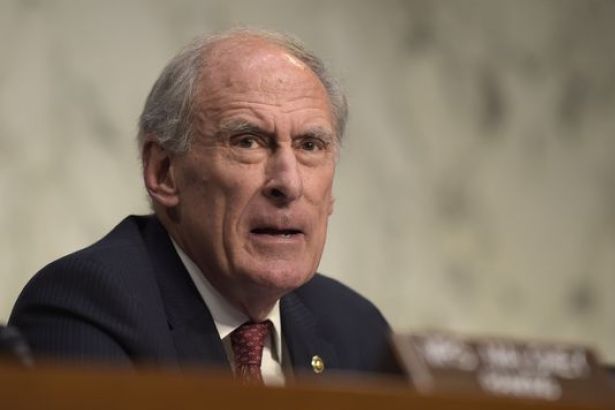Kurdish YPG likely to seek autonomy in Syria - US Intel Chief

The Kurdish People’s Protection Unit, or YPG, will likely seek some form of autonomy in Syria but will face opposition from Russia, Iran and Turkey, US Director of National Intelligence Dan Coats said in a statement to Congress on Tuesday.
"The Kurdish People’s Protection Unit will seek some form of autonomy but will face resistance from Russia, Iran, and Turkey," Coats said in a statement for the record titled "Worldwide Threat Assessment of the US Intelligence Community."
The United States seems to have taken a course toward dividing Syria, Russia will ask Washington about it, Russian Foreign Minister Sergey Lavrov said on February 7. The US is trying to persuade the Kurds not to engage in dialogue with the Syrian government, encourage separatist sentiment among them, he told reporters in January.
The current strategy of the US in Syria is to divide the country, to create Kurdish protectorate in the north and to leave most of the resources of the country under the control of this protectorate.
soL columnist Alper Birdal wrote an article on February 8 on Turkish President Recep Tayyip Erdoğan and his AKP government's operation. "Erdoğan objects to the issue of how Syria will be divided rather than its division. He offers an alternative to the US. He aims to create an area to locate the subcontracted forces in the north under Turkey’s control," Birdal underlined.
"ARMED OPPOSITION IS NO LONGER CAPABLE OF OUSTING ASSAD"
Dan Coats also said armed 'opposition movement' is probably no longer capable of ousting Syrian President Bashar Assad or gaining the upper hand in the country's military conflict. "While Asad may engage in peace talks, he is unlikely to negotiate himself from power or offer meaningful concessions to the opposition," he said.
"Reconstruction could cost at least $100 billion and take at least 10 years to complete. Asad’s battered economy will likely continue to require significant subsidies from Iran and Russia to meet basic expenses," Coast added.




